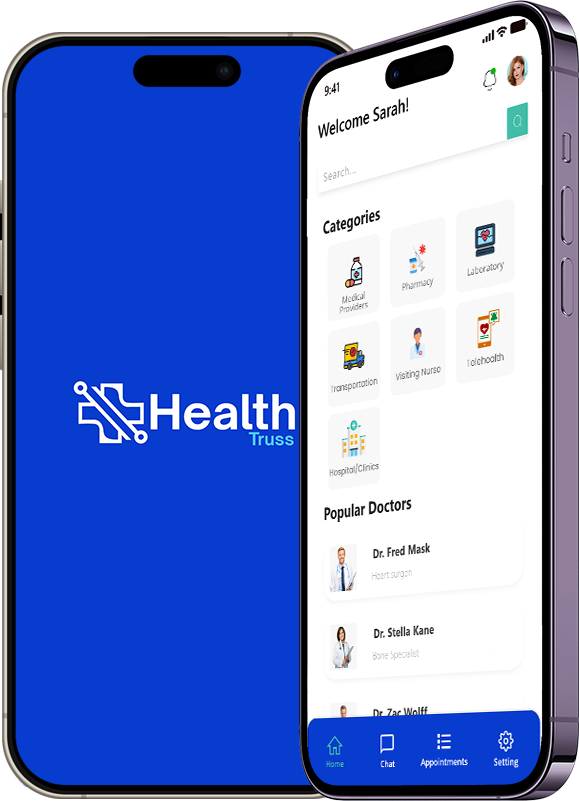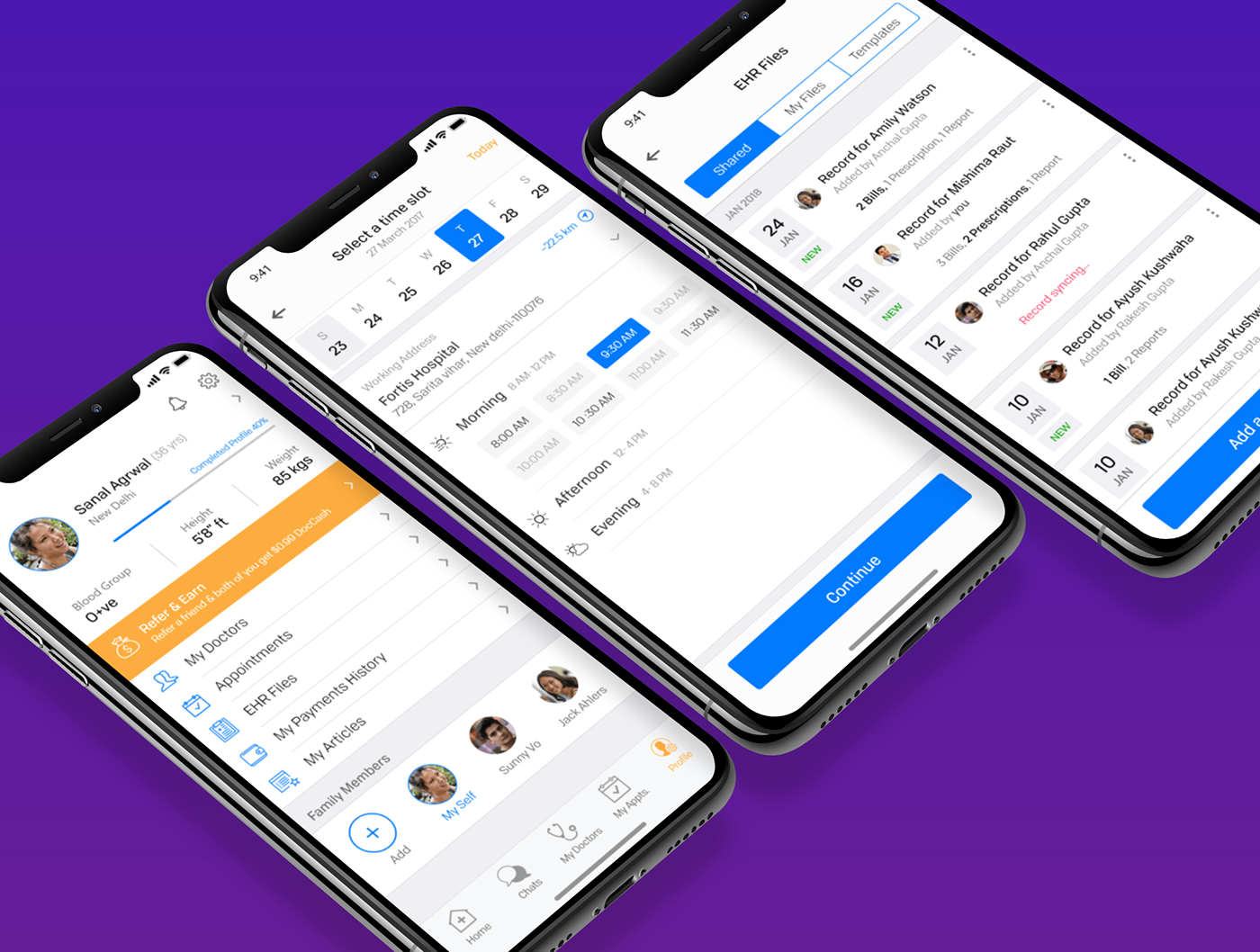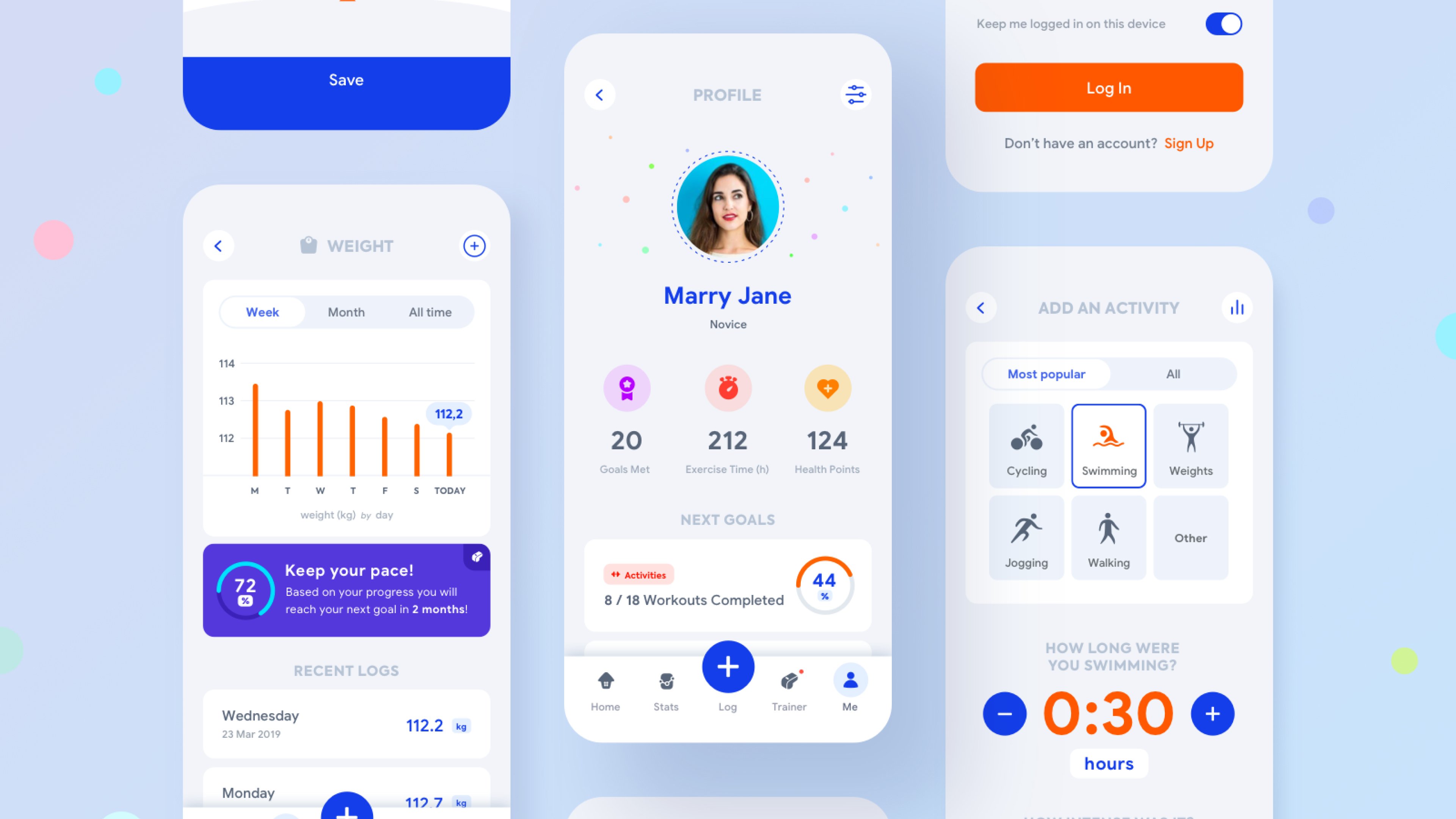Change Patient Care with a Mobile App for Clinics: Leading Features to Think About
Change Patient Care with a Mobile App for Clinics: Leading Features to Think About
Blog Article
The Future of Medical Care: Why Clinics Need a Mobile Application Today
As the healthcare landscape proceeds to progress, centers deal with placing pressure to adapt to person assumptions for higher ease and ease of access. The integration of mobile applications can work as an important approach for enhancing individual engagement and improving procedures. By leveraging modern technology to enhance communication and supply vital services, centers not just attend to existing needs but likewise place themselves for future success. Nonetheless, the implications of this change expand past mere operational efficiency; they can redefine patient relationships and care delivery in profound means. What might this makeover appear like for both centers and individuals?
Changing Patient Expectations
As the landscape of health care progresses, person assumptions are undertaking a significant transformation. Today's patients are increasingly seeking comfort, access, and personalized treatment.
Furthermore, patients are ending up being much more educated and empowered, commonly looking into therapies and conditions on-line before consultations. This increased recognition is paired with a demand for openness in medical care processes, including price price quotes and treatment choices. As an outcome, providers are obliged to adapt by taking on electronic devices that boost the client experience.
The assumption for timely and reliable interaction has never ever been greater, with several people taking into consideration responsiveness a critical component of high quality care. mobile app for clinics. In this developing landscape, healthcare companies have to identify these changing expectations and utilize mobile applications to foster a more patient-centric technique, ensuring that they not only fulfill but go beyond the requirements established by today's informed customers
Enhancing Client Involvement

Mobile applications promote communication between clients and health care service providers, allowing real-time consultation organizing, pointers for medicine adherence, and straight messaging functions. These capabilities not just enhance convenience yet additionally construct a sense of accountability amongst people. Mobile apps can offer instructional content customized to specific needs, aiding clients much better understand their problems and treatment options.
The integration of gamification elements within healthcare apps can likewise motivate individuals to take part in healthy behaviors, strengthening favorable lifestyle modifications. By tracking progress and satisfying achievements, individuals are more probable to stay dedicated to their health and wellness objectives. Ultimately, improving patient engagement via mobile applications brings about enhanced health end results, higher patient contentment, and a more collaborative health care experience. Clinics that prioritize this aspect will likely see a significant influence on the high quality of treatment provided.
Simplifying Clinic Workflow
Enhancing clinic operations is vital for enhancing operations efficiency and maximizing client care. The execution of mobile applications can significantly minimize management concerns, enabling doctor to concentrate more on patient interactions. By automating appointment scheduling, individual check-ins, and billing processes, centers can minimize wait times and boost overall functional efficiency.
Mobile applications additionally facilitate real-time accessibility to person documents, allowing medical care specialists to make educated choices quickly. This immediacy not just boosts the top quality of treatment but likewise reduces the likelihood of mistakes connected with misplaced or dated info. Leveraging mobile innovation sustains an extra organized technique to taking care of person follow-ups and therapy plans, ensuring that no vital steps are forgotten.
This permits for prompt replenishment and aids avoid disruptions in individual care due to stock shortages. By incorporating these functionalities right into their daily procedures, clinics can develop a more effective and natural atmosphere, inevitably leading to boosted individual outcomes and satisfaction.
Improving Interaction Networks
Reliable interaction is regularly mentioned as a keystone of top quality medical care delivery. In today's fast-paced clinical setting, mobile applications can substantially boost interaction channels between centers, individuals, and medical care suppliers. By incorporating mobile important site apps right into their procedures, centers can assist in real-time interactions, making sure that individuals receive timely details regarding their visits, test results, and treatment strategies.
Mobile apps additionally encourage patients to interact straight with their health care teams via secure messaging attributes. This direct line of communication promotes a feeling of interaction and enables instant information of concerns, which can result in far better adherence to therapy methods. Additionally, push alerts can advise individuals of upcoming consultations or medicine schedules, lowering no-show prices and improving total wellness results.

Remaining Competitive in Health Care
In a swiftly evolving health care landscape, companies have to focus on innovation and adaptability to keep an one-upmanship. The assimilation of mobile applications right into healthcare services is no much longer optional; it is essential for clinics aiming to boost client engagement, improve operations, and enhance general service delivery.
As clients significantly rely upon electronic systems for health and wellness monitoring, facilities that fail to take on mobile modern technology risk dropping behind. A well-designed mobile app can offer attributes such as visit scheduling, telemedicine assessments, and accessibility to medical documents, supplying clients with benefit and cultivating loyalty.

Competitors are also purchasing mobile solutions, so staying ahead needs continuous improvement and staying notified regarding technical developments. Clinics should not just apply mobile applications but also take part in normal updates and improvements. Ultimately, the successful assimilation of mobile technology will certainly distinguish forward-thinking health care companies and set the standard for patient-centric care in a digital world.
Conclusion
In conclusion, the combination of mobile applications in facilities is Recommended Site critical to deal with the advancing landscape of client assumptions. Ultimately, the tactical application of mobile applications represents a crucial action towards delivering tailored and accessible healthcare, consequently fulfilling the requirements of today's encouraged clients.
Eventually, improving patient involvement via mobile applications leads to improved health end results, better person contentment, and a much more collaborative healthcare experience.Mobile apps likewise assist in real-time accessibility to person documents, allowing health care experts to make enlightened choices quickly. In today's hectic medical environment, mobile applications can dramatically boost interaction channels between facilities, people, and health care carriers.Mobile apps additionally empower clients to connect directly with their medical care groups with secure messaging attributes. Eventually, the calculated application of mobile apps stands for an essential step towards delivering easily accessible and individualized health care, therefore fulfilling the requirements of today's equipped clients.
Report this page